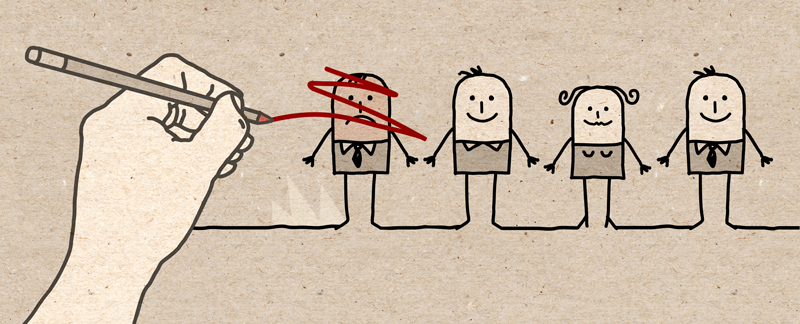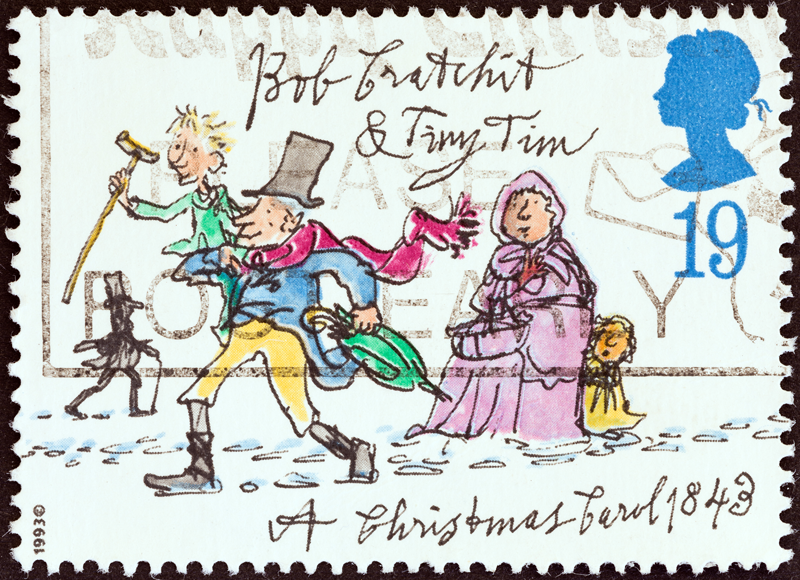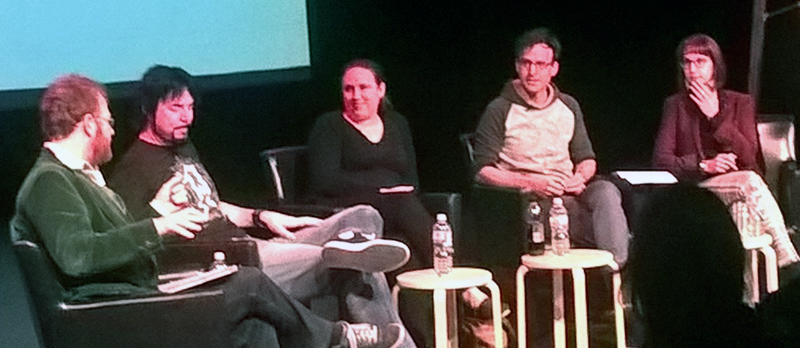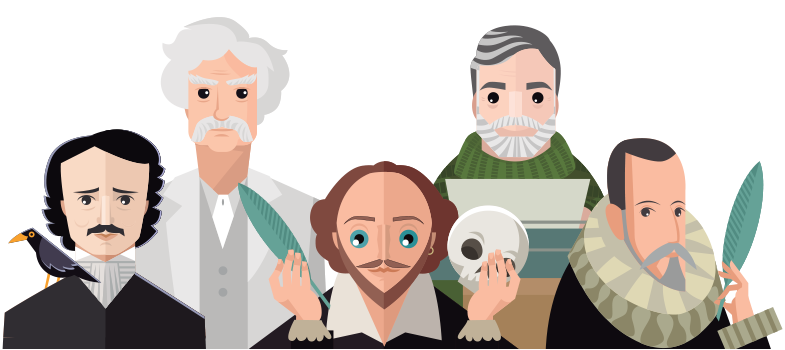
Progress report – there’s always one last-minute fix
Sherylyn is doing a final read-through before we send our completed Stars Beyond manuscript in to our editor.
There’s always one change that you have to scramble to fix before the final send.
In this book, it’s this:
Our heroes have defeated one of the bad guys (bad girls) by knocking her out with a strong tranquilizer. Four paragraphs later (at the end of that same fight) up she pops, trying to kill them.
She’s supposed to be unconscious.
Hmm. It needs a little work, I think.
These are the embarrassing mistakes we hope don’t make it into the book. Thank goodness for editors. They pick up a lot of these things if they slip past us.
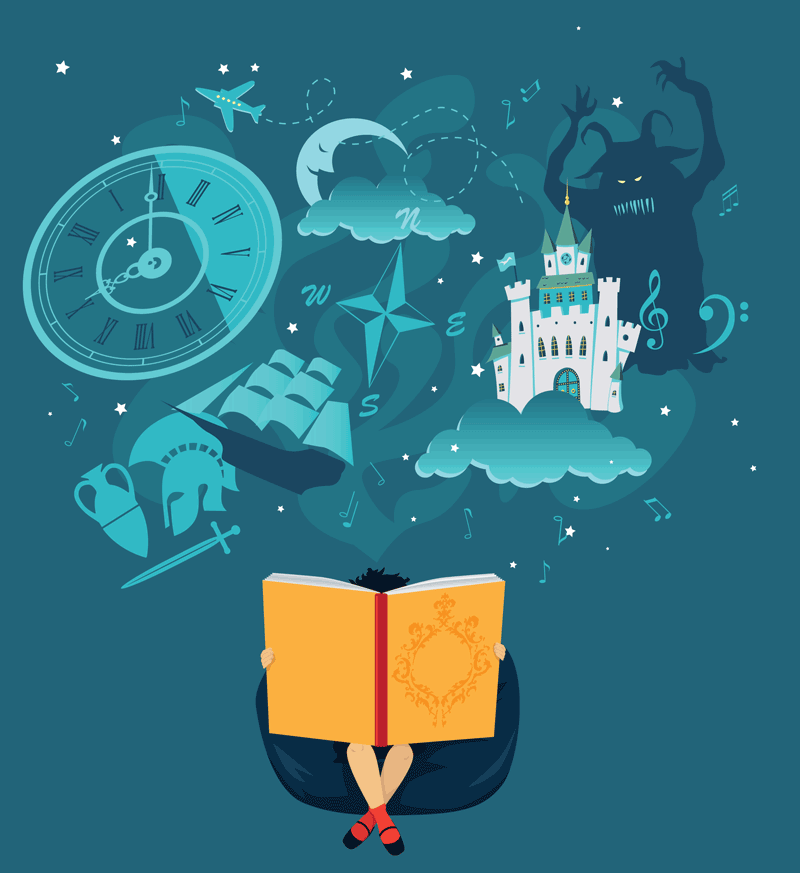
Now, back to the blog
A few weeks back, on Twitter, @shingworks asked people to vote on whether they heard words or saw images when they read novels. The comments are interesting.
It made me think about what I see/hear when I read books.
I lean toward the visual myself. I see the story as a movie, in scenes—with three important exceptions.
What do I see?
It’s like a dream, where you’re watching something unfold. People speak, and action happens, but I don’t hear them speak, I see their mouths move and know what they’re saying, but there’s no sound. Their words are automatically in my brain.
I also notice that even if the author provides a description of a character, I visualize my own character according to how they ‘sound’ in my head. (‘Sound’ here meaning how I visualize them.) I can sometimes go back and reread a book and find a character is, say, blonde with fair skin where I had imagined them as darker, with dark hair.
Interestingly, as I write this, I find I am reading the words aloud in my head, so I think that I write differently to the way I read.
What are those three exceptions?
I said there were three exceptions.
If the author describes sounds in the book, I often hear the sounds. Cars honking, street noise, the blast of a rocket taking off. Music in the background. (Although, if you describe specific songs that have iconic film clips, I will then also see the film clip. The graveyard and the wedding in Guns ‘N’ Roses November Rain, the faces in Queen’s Bohemian Rhapsody, driving into the country town in Cold Chisel’s Flame Trees.)
Secondly, if I hear an audio-book, sometimes I will hear the characters after that. I know that after hearing Emily Woo Zeller read Stars Uncharted, I have now started to hear Jacques and Carlos speak. They’re great. (The others are too, but she really added an extra dimension to these two.)
And of course, there’s the lines. In the Linesman books the lines have always sung for us.
